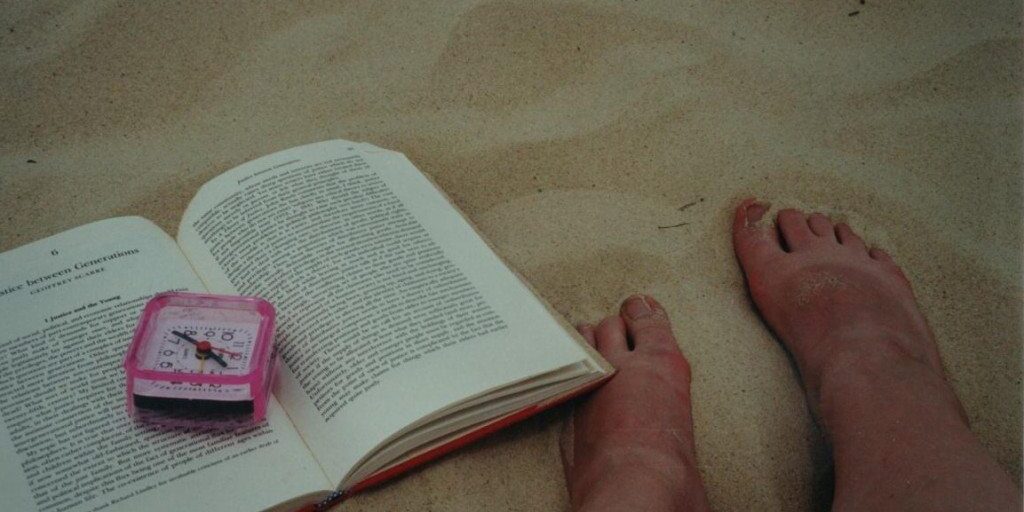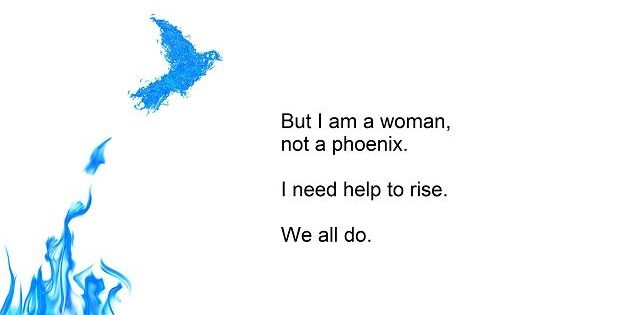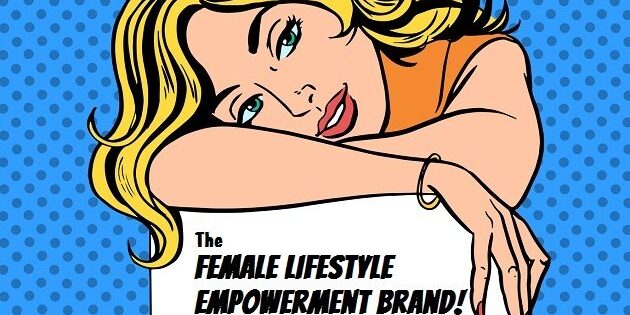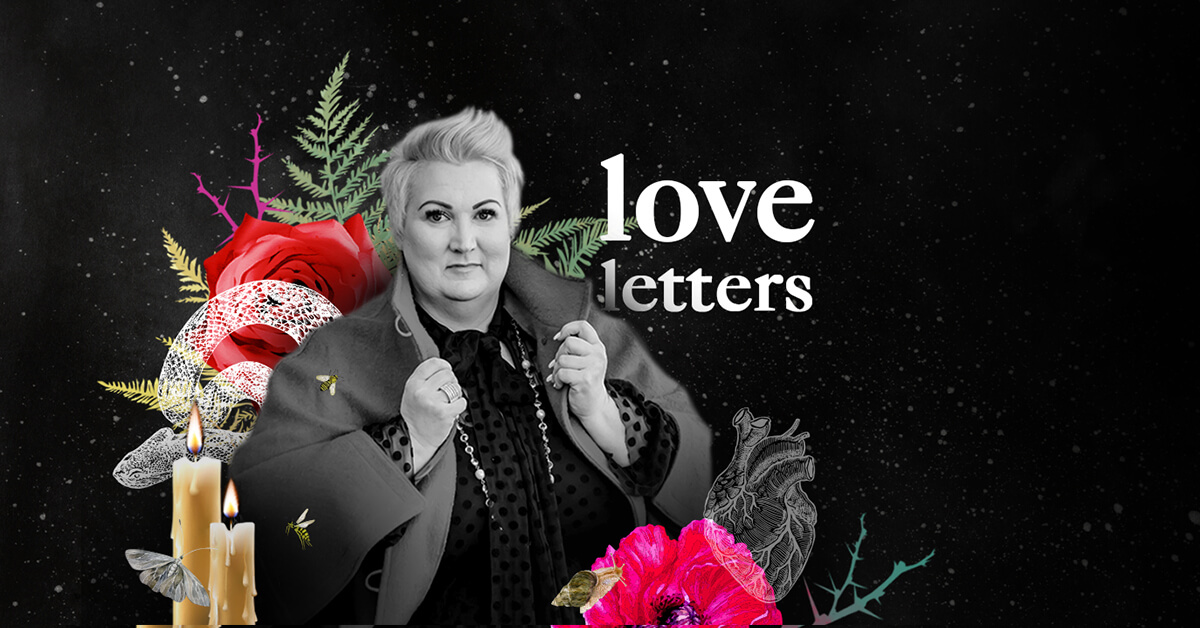
What if Shame is Actually Good Information…That You Can Use to Get Free?
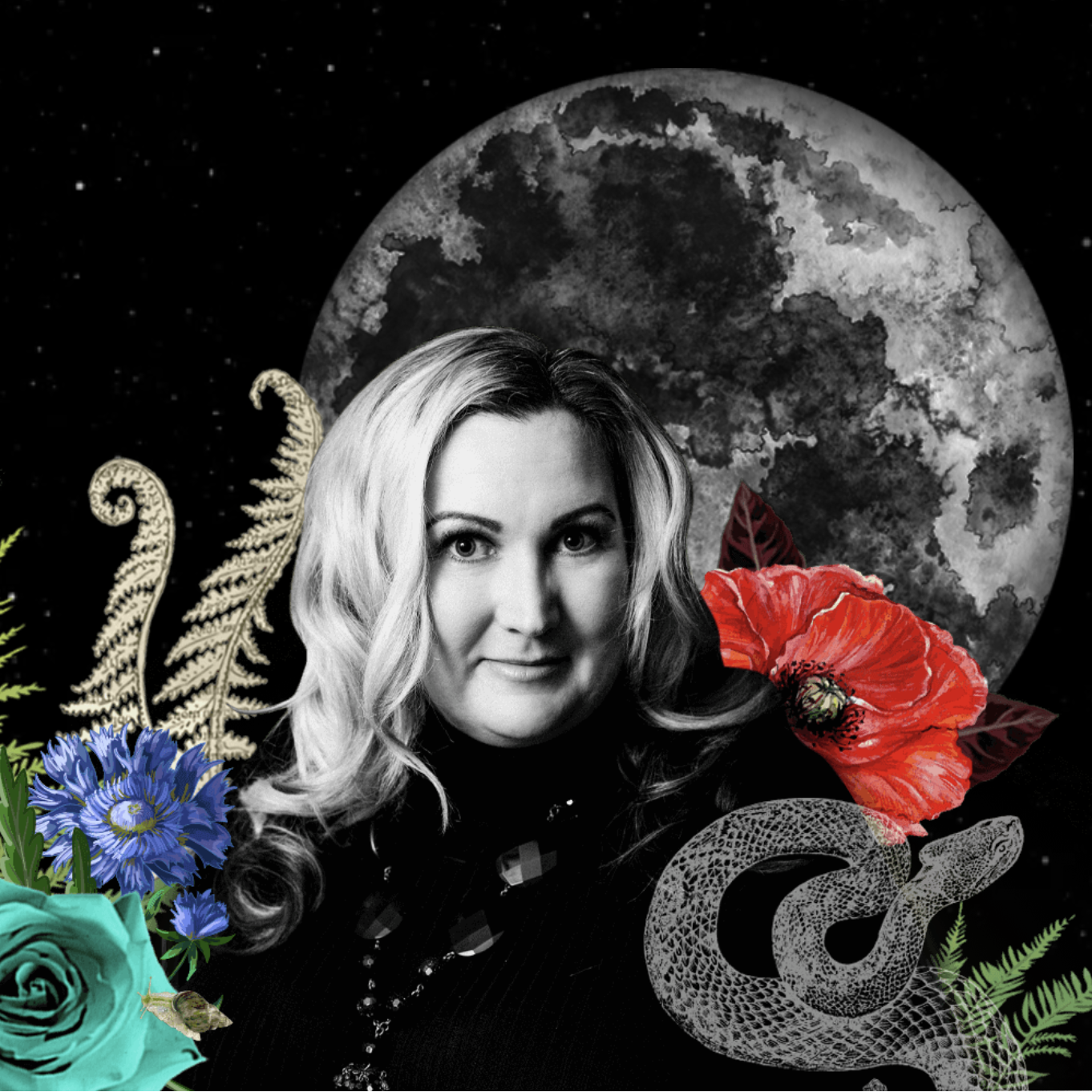
before we get started:
a) Want to receive 10 Copywriting Tips for Culture Makers by email, for free?
b) ALSO: The Copywriting for Culture Makers Certification Program is for anyone who has to write EFFECTIVE website copy on a regular basis — entrepreneurs, marketing professionals, writers — and wants to do it WITHOUT using blame, shame, fake scarcity and other triggering tactics. You can learn more, here.
ok, onward
first, an existential howl into the void:
Why, when someone finishes the roll of toilet paper, do they not replace it? WHYYYYYYYYYY?
I’d also like to go with Who Raised These People? for $200, Alex.
(And it was me. I raised these people.)
Now, let’s talk about shame.
I think shame is a wildly useful emotion.
Shame is like a giant red arrow appearing out of the sky into our lives, saying THIS IS A SIGN.
For me, it’s often a sign of internalized oppression.
Because shame is a social emotion.
As I told a class of maternal support workers recently, if we were naked and alone in the world, we wouldn’t feel shame. We only feel shame in relation to other people and our culture and what they expect of us.
We only feel shame if there is a social expectation that we feel we’re not meeting.
And for those of us whose identities include marginalized statuses, we’re made to feel like our very existence doesn’t meet expectations.
This is the “good information” part.
In situations like this, shame is the big arrow pointing out oppression.
As in, YOU are not the problem. The culture is.
You’ve been carrying the burden of shame but it’s not yours to carry.
***
When I was in my early 20s, I did something to get myself free.
I told my family and the whole damn world and the police that I had been sexually abused by my Opa.
He was arrested.
Everyone else in the family finally saw him for who he really was.
After that, at family events, I didn’t have to act. I didn’t have to pretend. I didn’t have to endure. I no longer had to sit across the dinner table from my abuser and break bread with him.
It was like I’d been carrying two huge buckets full of heavy stones for more than a decade —
stones that were never mine to carry
— and then I put them down. I gave the burden of shame back to the person it belonged to and he had to pick it up and carry it.
Because the shame was ALWAYS his, never mine.
That’s what I mean about the big red arrow in the sky. Often it’s pointing to a bucket of stones that are NOT yours to carry so you can finally put them down.
***
Often we are carrying shame because our culture is abusing us and then making us feel like it’s our fault.
Money. Anyone who is broke or poor or struggling for resources is made to feel ashamed and unworthy, like a bad person…but in fact our economic system is designed to extract resources from most of us and transfer them to a few of us. The shame is not on the many for not having enough; that’s by design. The design is shameful. We are not.
Productivity and Work. We’re made to feel like if we’re not relentlessly working and producing, we’re wasting time and should be ashamed. But we are not machines, we are human animals and work is just a small part of who we truly are. We need to rest, play, love, imagine. There should be no shame in any of those things.
Gender. Everyone who is not a cis-man is told, over and over again, that they’re not right, they’re not good enough; our trans sibling s are told they don’t even exist or shouldn’t exist. But that’s not their shame to carry. That’s the noxious ideology of patriarchy and gender essentialism at work. They’re shameful ideologies. But women and femmes and gender non-conforming and trans folks (and, and, and) have nothing to be ashamed of.
Mothering.
Body size.
Beauty.
The Perfect Woman.
The Female Lifestyle Empowerment Brand.
Food.
The list goes on.
When we feel shame about not meeting a social standard of perfection, it’s often because the standard is unjust. The social expectation is being used to harm us.
So I’ve been using the big-red-arrow of shame like a detective. Every time I feel it, I know that oppression is probably the villain, not me. I inquire into it. I ask myself, does this social expectation create more justice or less?
For example…
The social expectation that I must be beautiful in order to be acceptable does not create justice…so the shame of not waking up like this is not mine to carry.
The social expectation that I must be thin in order to be treated with respect does not create justice…so the shame is not mine to carry.
And so on and so on.
Shame is good information. It points out to us that oppression is shaming us and asking us to carry baskets of rocks that are not ours to carry.
So you can finally put them down.
***
And sometimes, social shame IS ours to carry and carrying it will create justice.
For example, when institutional racism and white supremacy are pointed out to white people, white people often feel shame.
Again: shame is good information. We should feel shame about it, and feeling that shame can motivate us to make personal changes in ourselves AND in our culture.
***
So, as author/feminist biz professor CV Harquail asked me when I was explaining my perspective on shame to her:
How do we distinguish between shame that tells us that no we don’t need to change (but our culture does need to change) versus shame that reveals we do need to change (AND work to change our culture)?
How do we discern between shame that is not ours to carry and shame that IS ours to carry (and change)?
When do we reject shame as illegitimate and when do we embrace it as legitimate?
I’ve been wrestling with this excellent question
(thank you CV; CV was citing Dr. Tressie McMillan Cottom; also thank you to Linda Bacon, author of Health at Every Size and co-author of Body Respect for getting me to think critically and culturally about shame)
and I think this question might be a key in the lock:
Is this social expectation equitable?
For example…
Is the social expectation that I, as a fat woman, must lose weight to be acceptable an EQUITABLE expectation? no. Illegitimate shame. Reject it. Not mine to carry.
Is the social expectation that I, as a white woman, must dismantle my own unconscious biases and do whatever it takes to end institutionalized racism an EQUITABLE expectation? yes. Legitimate shame. Useful shame. Mine to carry. Let’s get to work.
***
That’s why the big red arrow of shame is useful. It points to the eighteen baskets of rocks that I’ve been carrying and reveals that they were never mine to carry.
So I can finally put them down.
And then I can redirect all my strength to pick up the ones that actually matter.
Because that’s what culture makers do.
love + justice,
Kelly

I write, work and live on land that is the unceded territory of the Stó:lō.
Important to note: just ‘cuz I mention someone’s work does not mean we know each other. It doesn’t mean they even know I exist nor does it mean that they like me or approve of my work. Nor does it mean I endorse them unequivocally or that they endorse me. It means that there’s a particular cultural thing that I’m trying to talk about and an idea or project of their’s is relevant and I want to give credit where credit is due.

